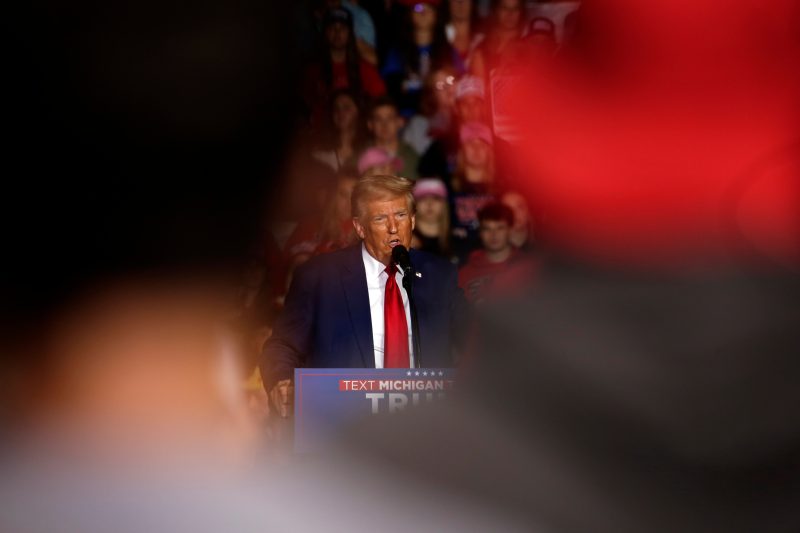The events of January 6th, 2021, marked a dark moment in American history when a violent mob stormed the Capitol building, disrupting the certification of the electoral college results and forcing lawmakers into hiding. At the center of this chaos was then-President Donald Trump, who had spent months spreading baseless claims of election fraud and urging his supporters to stop the steal. The insurrection that unfolded that day was a stark illustration of the dangers of inflammatory rhetoric and the fragility of democratic institutions.
In the aftermath of January 6th, questions arose about the extent of Trump’s involvement in inciting the violence and whether he could face legal consequences for his actions. The House of Representatives impeached Trump for a second time, charging him with incitement of insurrection. The subsequent Senate trial ended in acquittal, with most Republican senators standing by the former president.
Despite his acquittal, the events of January 6th have continued to cast a long shadow over American politics. Trump’s ongoing efforts to undermine the legitimacy of the 2020 election and his refusal to accept the results have raised concerns about the future of democracy in the United States. The Capitol insurrection served as a wake-up call for many Americans, highlighting the dangerous consequences of political polarization and the erosion of trust in democratic institutions.
As the country moves forward, the legacy of January 6th and Trump’s subversion of the election results will undoubtedly play a role in shaping the political landscape. The events of that day galvanized calls for accountability and reform, with many Americans demanding a full investigation into the attack on the Capitol and efforts to prevent future incidents of political violence.
In the lead-up to the 2022 midterm elections, the fallout from January 6th is likely to remain a divisive issue. Democrats are expected to highlight the insurrection and Trump’s role in inciting it as evidence of the dangers of right-wing extremism and the need for greater political unity and accountability. Republicans, on the other hand, may seek to downplay the significance of January 6th and focus on other issues in their campaign messaging.
Ultimately, the impact of January 6th and Trump’s subversion of the election results on voters remains to be seen. While the events of that day were a stark reminder of the fragility of democracy, whether they will sway voters in future elections is uncertain. However, the lasting effects of the Capitol insurrection are likely to shape American politics for years to come, serving as a cautionary tale of the dangers of political extremism and the importance of preserving the integrity of democratic norms and institutions.
